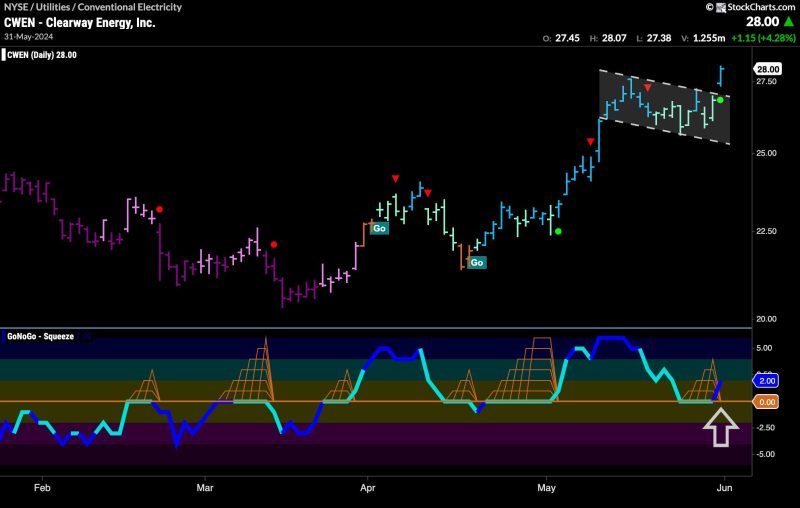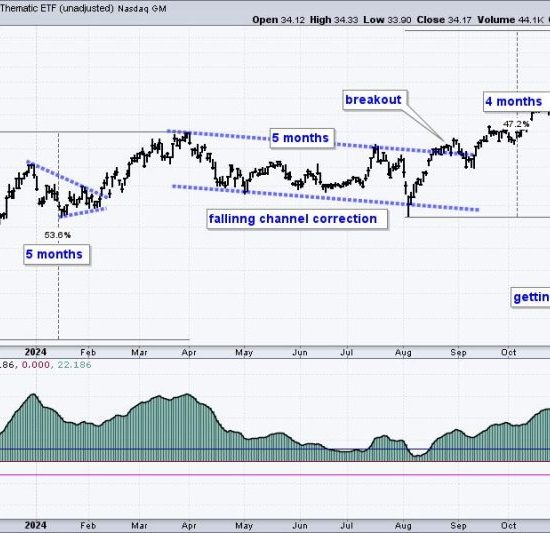From their inception to the present day, utility companies have been instrumental in the seamless functioning of both the household and the business sectors. By providing essential services like electricity, gas, and water, they support almost every aspect of our lives. However, over the years, these organizations have also begun to wield a significant influence on equity markets, attempting to power them up through various means.
The interplay between equity markets and utilities is multifaceted; these markets often act as a barometer for the health of the broader economy. As utilities are typically more stable businesses due to their essential nature, they can often act as a safe haven for equity investors during times of economic instability.
Recent years have witnessed the industry adopting strategies that bolster their significance in equity markets further. One such strategic move is merging and acquiring companies operating within the same sector to enhance their market position and share value. Consolidation can result in cost and operational efficiencies, thereby increasing the profitability of the company and making it a more attractive option for equity investors.
Another path that utilities have taken to exert a more pronounced effect on equity markets is by banking on renewable energy. Renewable options such as solar, wind, hydropower, and others are alternatives to fossil fuels, and their adoption is incentivized by many governments around the world. By tapping into this lucrative sector, utilities can significantly boost their share value and overall standing in the equity markets.
Beyond just operations, the financial management of utilities can also significantly impact equity markets. For instance, by managing their debts well and maintaining robust credit ratings, utilities can be deemed safer investments, potentially driving up equity market values. Moreover, by maintaining and increasing their dividend payments, utility companies can entice more investment, leading to increased demand for their shares and a resultant rise in stock prices.
Regulatory shifts also play a big role in how utilities impact equity markets. Regulatory bodies control tariffs, authorize expansions, and manage environmental impacts. Changing policies and tariff revisions can significantly affect utilities’ profitability, thereby influencing their position in the equity markets. A favorable regulatory policy can instantly elevate a utility company’s status in the eyes of investors.
Technological advancements also offer fertile ground for utilities to influence equity markets. The digitization of utilities and adoption of technologies such as AI, machine learning, blockchain, and others can significantly improve operational efficiency and service delivery. These improvements can translate into higher profits, making the utility companies a more attractive option for equity investors.
In essence, the utility industry’s efforts to power up equity markets entail a combination of operational and financial strategies, technological adoption, regulatory engagement, and capitalization on growth sectors like renewables. While achieving such diverse objectives can be challenging, the potential benefits to be gained in terms of increased share value and strengthened market position are significant. With these efforts, utility companies can indeed play a vital role in powering up equity markets.




